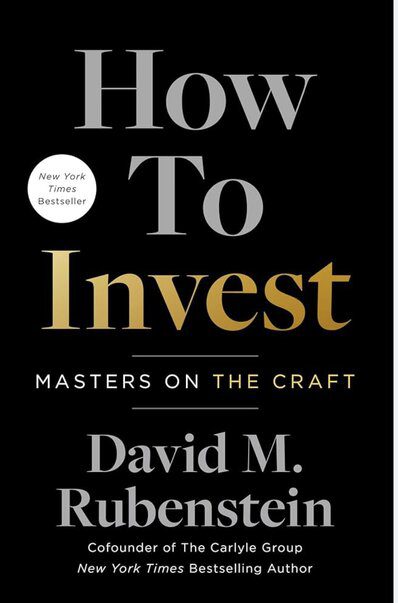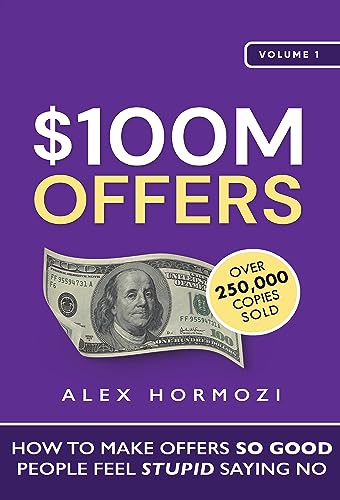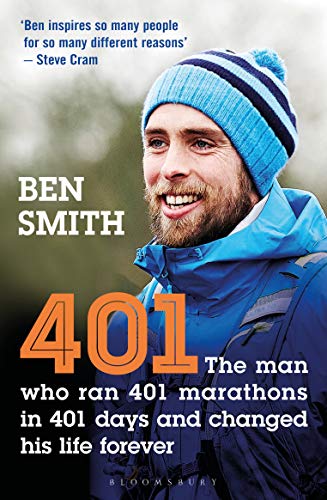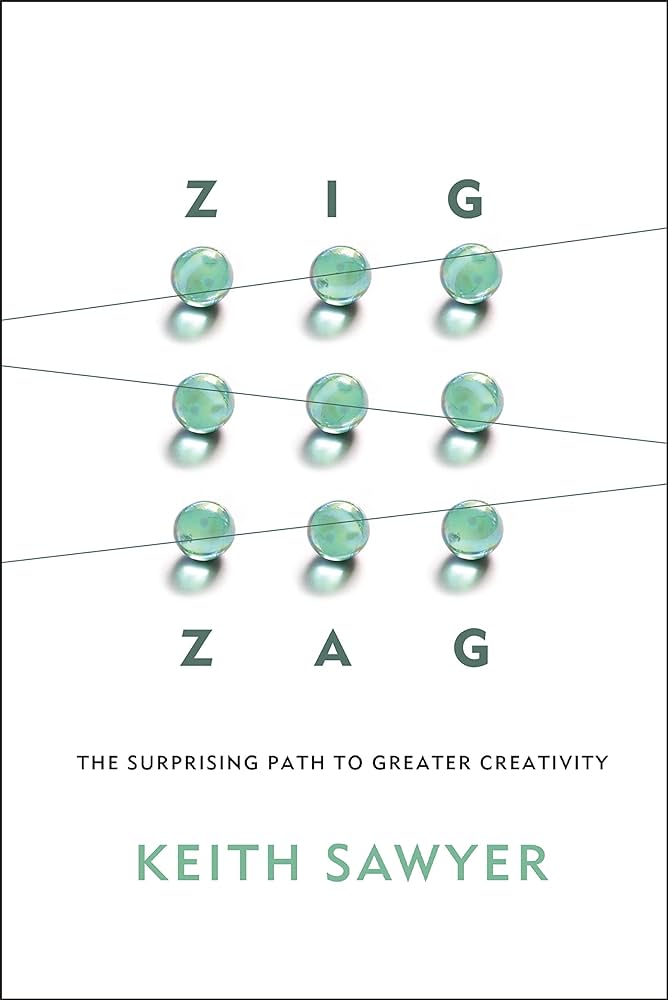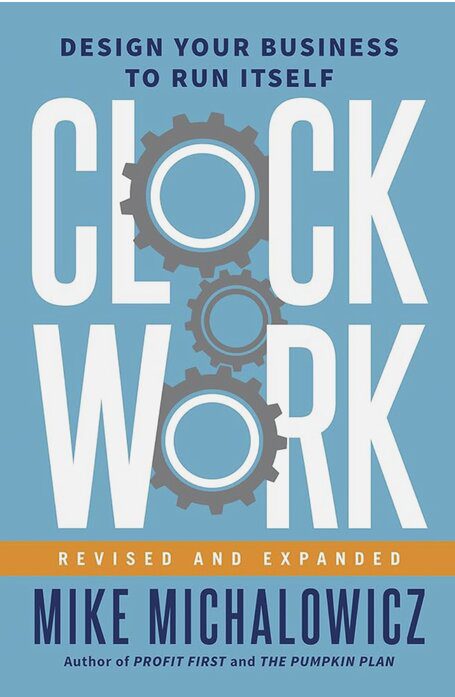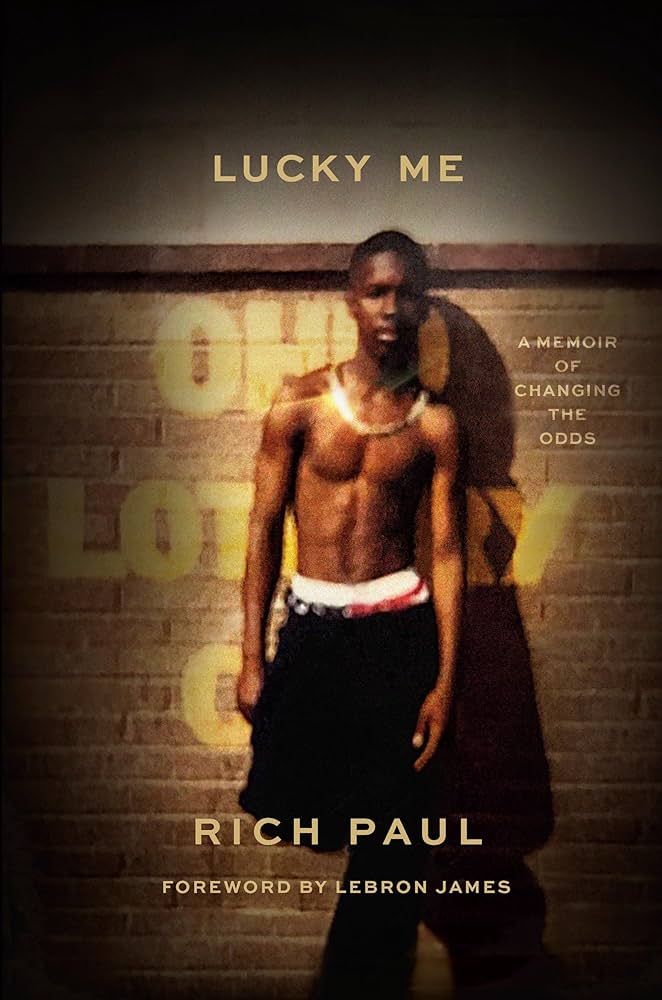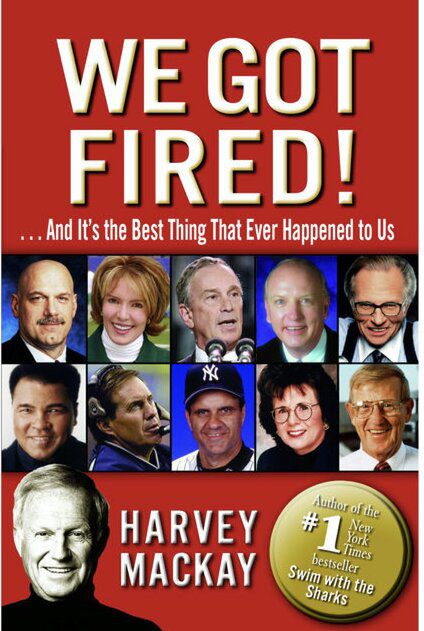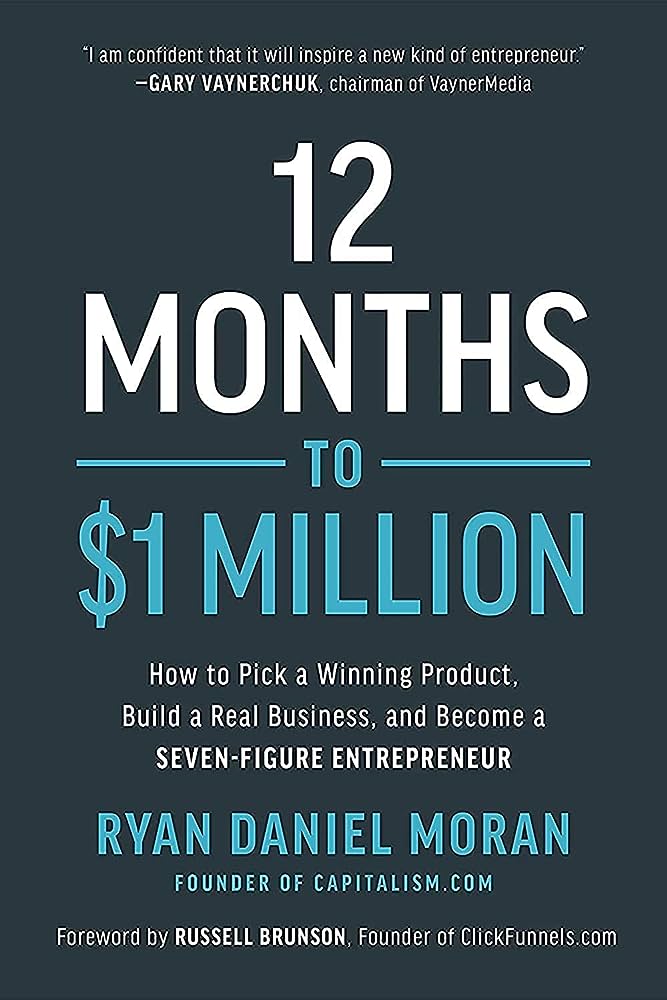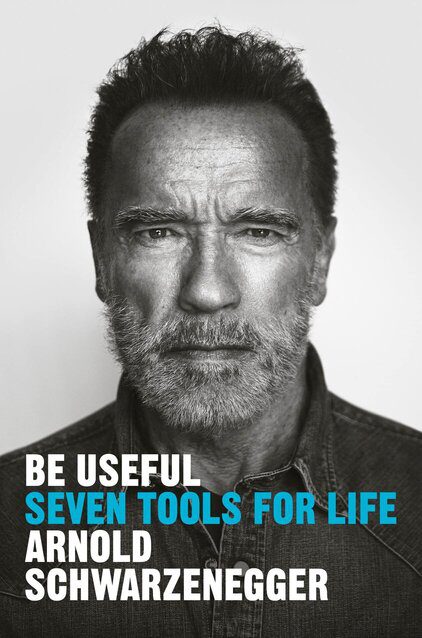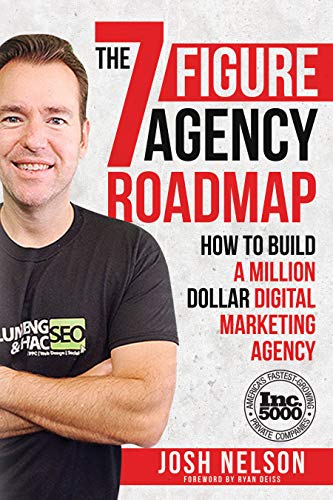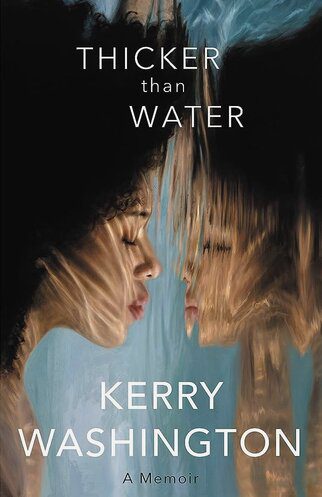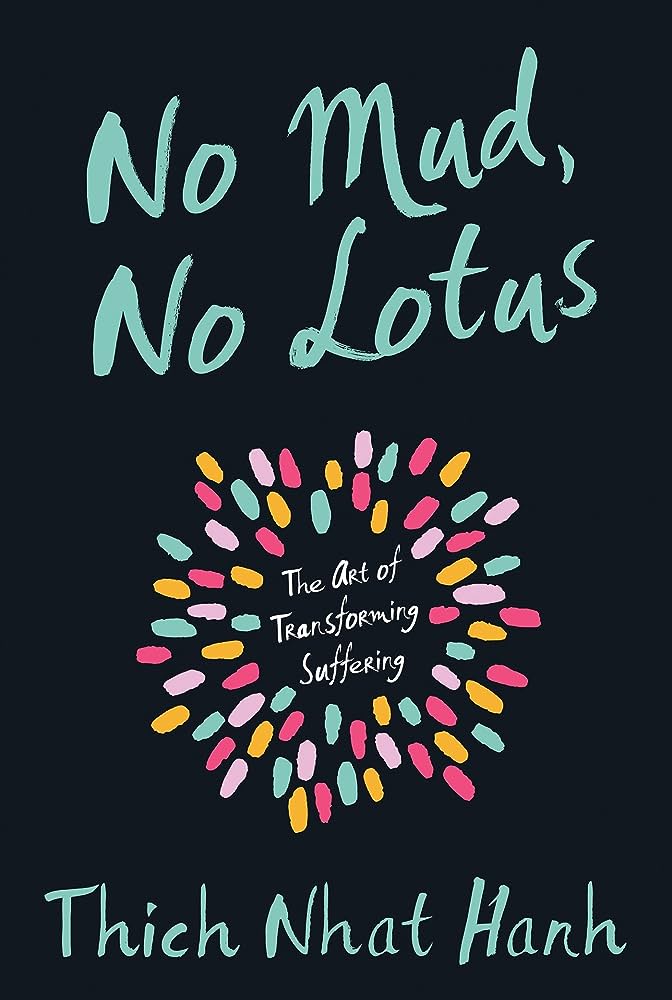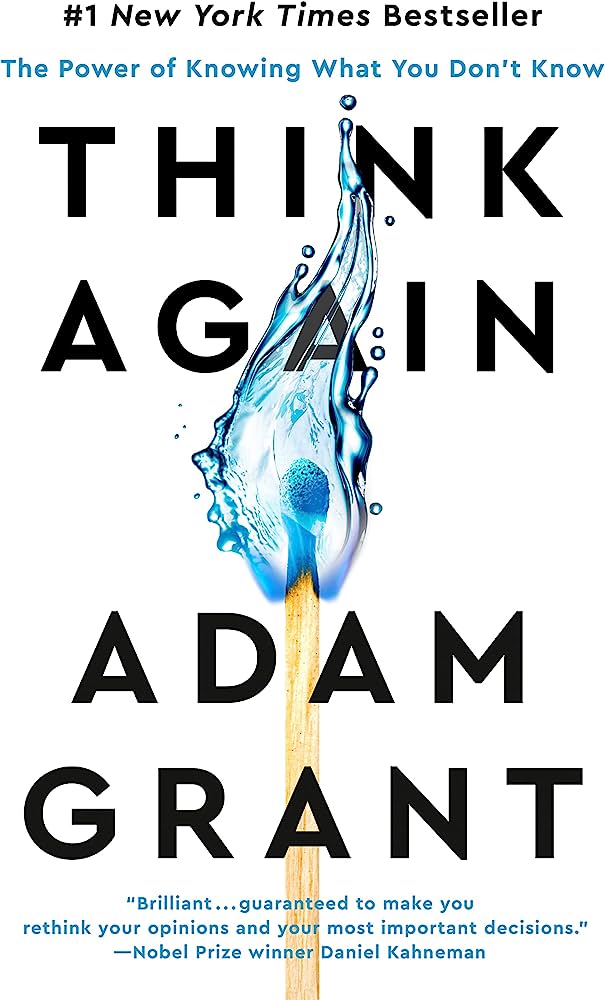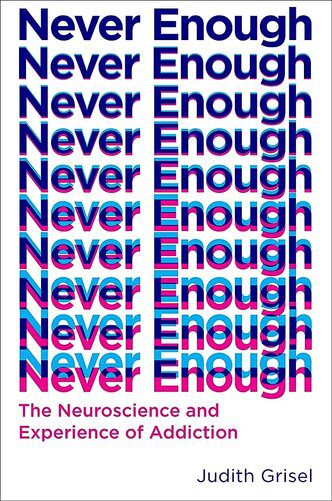In How to Invest: Masters on the Craft, co-founder of The Carlyle Group, David M. Rubenstein interviewed the world’s greatest investors to discover the time-tested principles, hard-earned wisdom, and indispensable tools that guide their practice.
In Never Eat Alone And Other Secrets to Success, One Relationship at a Time, American author and entrepreneur Keith Ferrazzi discusses the power of relationships and how networking is the key to thriving in the digital age. As Ferrazzi notes in the introduction of the book:
Your network is your destiny, a reality backed up by many studies in the newly emergent fields of social networking and social contagion theory. We are the people we interact with. Our paychecks, our moods, the health of our hearts, and the size of our bellies—all of these things are determined by whom we choose to interact with and how.
In $100M Offers: How To Make Offers So Good People Feel Stupid Saying No, entrepreneur Alex Hormozi shares strategies for crafting an irresistible profitable offer and how to turn advertising dollars into (enormous) profits using a combination of pricing, value, guarantees, and naming strategies. The Grand Slam Offer as Alex calls it, would make people feel stupid saying no.
401: The Man Who Ran 401 Marathons in 401 Days and Changed His Life Forever is the story of Ben Smith, a marathon runner who completed 401 marathons in 401 days in England between 2015 and 2016. Ben was bullied as a child and he attempted to commit suicide as a result of that experience. As an adult, he was dissatisfied with the way he was living until he discovered his passion for running. He decided to run 401 marathons in 401 days, raise money for charity, and find himself in the process.
By the end of the run, Ben raised £330,000 for two anti-bullying charities Kidscape and Stonewall, and ran over 10,000 miles which is the equivalent of running from Syndey, Australia to London, England. During his run, Ben met and ran with 13,000+ people across England. He also Helen Rollason Award at the BBC Sports Personality of the Year Awards in 2016, In the book, Ben shares his struggle with bullying, mental health, divorce, and navigating the vicissitudes of life.
Running is just putting one foot in front of the other – that’s the simple bit – the hard part is choosing to go running in the first place. But once you make that choice, you can start putting distance between your old life and closing in on a new one.
In Zig Zag: The Surprising Path to Greater Creativity, Creativity, and Innovation Researcher Keith Sawyer identifies the eight stages of the creative process and contains over 100 techniques to enhance your personal creativity.
Neuroscience and psychology have proven that all human beings unless their brain has been seriously damaged, possess the same mental building blocks that inventive minds stack high to produce works of genius. That creative power you find so breathtaking when you see it tapped by others, lives just as surely within you. You only have to take out those blocks and start playing with them.
In Clockwork, Revised and Expanded: Design Your Business to Run Itself, small business author Mike Michalowicz provides a step-by-step method for getting more done by doing less – making it easier than ever to have your business run itself. Mike suggests that the four-week vacation is the ultimate acid test for a business that runs itself.
There are three stages in a business’s life that every successful entrepreneur experiences. Stage one is when you are scratching your head thinking about starting a business, stage two is surviving the startup stage, and stage three is the growth stage.
In Lucky Me: A Memoir of Changing the Odds, American sports agent and founder of Klutch Sports Group Rich Paul shares the role luck played in him becoming one of the most successful sports agents, considering his background. He writes about his relationship with NBA superstar Lebron James and the lessons he has learned from being a student of life and the streets. Rich writes about his early upbringing, his mother’s drug addiction, lessons learned from his father, and the most important insights that he garnered from the streets.
Rich went from gambling to selling weed, drugs, and selling jerseys. He met Lebron James in 2001 at the airport, fascinated by the jersey Rich was putting on, Lebron asked “What kind of jersey is that?“. Rich was wearing a Warren Moon Houston Oilers throwback Jersey. The rest, they say, is history.
Luck is a complicated thing. We live surrounded by luck, if we know how to recognize it. Bad luck can seem good for a while; good luck might be hard to understand.
Book Title: Lucky Me
One of my all-time favourite Jay-Z songs is a deep cut called “Lucky Me.” Jay is talking about how success brings envy, jealousy, and danger and about how people think his life is perfect, but he’s dealing with more than they could ever know. It’s a powerful, mournful, and somewhat sarcastic song, with a hook that goes: You only know what you see / You don’t understand what it takes to be me.
“My first stroke of luck was being born into a life that forced me to be focused and prepared. Luck was learning how to recognize friendship, loyalty, love, and justice, and how to cultivate those values in life and business. Learning how to confront systems of power and not flinch, to walk on a razor’s edge and never fall. Most importantly, I was lucky to learn from real Gs how to have a purpose and mission that can make a difference in people’s lives, and that maybe, someday, can change the world.”
In We Got Fired!: . . . And It’s the Best Thing That Ever Happened to Us, author Harvey Mackay chronicles the story of some of the most successful people in the world and how they turned their firing into a better story for their career and life.
“Getting fired may eventually be the best thing to happen to you, but it’s no ticket to a smooth ride. What you get is the chance to play with a new set of more complex problems.”
In 12 Months to $1 Million: How to Pick a Winning Product, Build a Real Business, and Become a Seven-Figure Entrepreneur, Serial Entrepreneur and host of Capitalism.com Ryan Daniel Moran describes a one-year plan through the three stages of entrepreneurship to making the first $1 million. Ryan is the founder of Capitalism.com, which empowers entrepreneurs to create change through business. He also organizes an annual event, the Capitalism Conference, which brings together all the top entrepreneurs to tell their stories.
Being an entrepreneur means thinking in years rather than months. The worst thing you could do in any cycle is trade a long-term risk for a short-term win.
Arnold Schwarzenegger has constantly re-invented himself from being the world’s greatest bodybuilder, and highest-paid movie star and later becoming the thirty-eighth governor of California (the world’s sixth-largest economy.). Growing up in Austria, his father constantly encouraged him to be useful. In Be Useful: Seven Tools for Life, Arnold shares seven life principles that have helped him become one of the most recognizable faces in the world and the secret to his extraordinary achievement.
In The Seven Figure Agency Roadmap: How to Build a Million Dollar Digital Marketing Agency, author Joshua D. Nelson provides a step-by-step, on how to implement agency marketing, how to get results for your clients, and how to implement systems so they stick around long-term. He also writes about building teams and systems, so you become the owner of a reliable and scalable business that can work without you.
“You will get all you want in life, if you help enough other people get what they want.” ZIG ZIGLAR
I fell in love with Kerry Washington’s character, Olivia Pope, in the American political thriller television series Scandals. Her performance won her the Image Award for Outstanding Actress in a Drama Series and other multiple award nominations, including Emmy Award and Golden Globe Award nomination. In Thicker than Water: A Memoir, Kerry Washington attempts to make sense of herself, her upbringing and her family dynamics.
I’ve written this account to more fully understand this truth, to affirm it, and to embrace it. This truth has given birth to a deeper compassion and love for my parents, and for myself. And I share it with you because I do not want to hide.
Kerry reveals how her parents did not reveal to her that she was conceived through artificial insemination until recently. She writes about her parent’s tumultuous marriage, being an only child, navigating the family secret and finding her place in the world.
“Most people are afraid of suffering. But suffering is a kind of mud to help the lotus flower of happiness grow.There can be no lotus flower without the mud.”—THICH NHAT HANH
In No Mud, No Lotus: The Art of Transforming Suffering, Vietnamese Thiền Buddhist monk Thich Nhat Hanh asserts that the art of happiness is also the art of suffering well. He offers practices and strategies for transforming suffering and finding true joy in life. Thich Nhat Hanh introduces the concept of non-duality: how to make good use of mud in order to produce beautiful lotus flowers, and how understanding our suffering gives birth to love and compassion.
In Think Again: The Power of Knowing What You Don’t Know, Wharton’s top-rated professor, organizational psychologist and bestselling author Adam Grant explores how rethinking happens, the Value of rethinking, and adopting mental flexibility/agility. He describes how we can challenge our intuition, accept and implement criticism and establish a challenge network to push our thinking to greater levels.
The book is an invitation to let go of knowledge and opinions that are no longer serving you well, and to anchor your sense of self in flexibility rather than consistency.
In Never Enough: The Neuroscience and Experience of Addiction, behavioural neuroscientist and recovering addict Judith Grisel shares how she transforms her life from a daily drug user and college dropout to becoming a renowned behavioural neuroscientist. She writes about the lessons learned in her over twenty-five years of experience as a researcher studying the neuroscience of addiction. The principles thus shed light on the biological dead end that perpetuates substance use and abuse: namely, that there will never be enough drugs because the brain’s capacity to learn and adapt is infinite.
Understanding the mechanisms behind every addict’s experience makes it very clear that short of death or long-term sobriety there is no way to quell the screaming need between exposures. At the point where pathology determines behavior, most addicts die trying to satisfy an insatiable drive.
